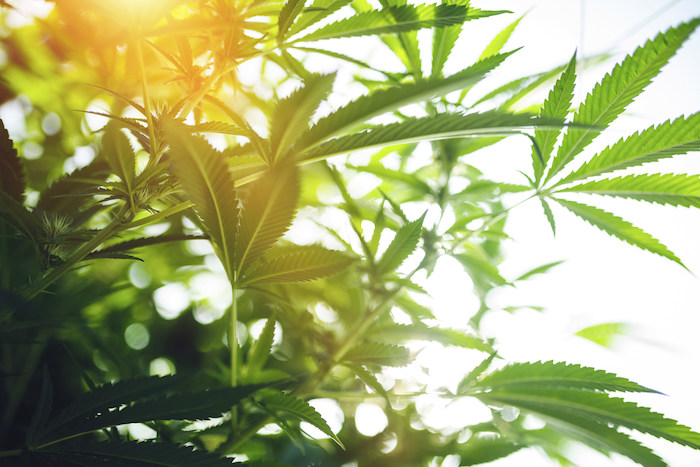News
Klonetics gets its licence to grow ready-to-flower plants
Published on June 7, 2021 by oz. staff

Millions of cannabis clones will soon be propagated in the Okanagan before ending up in legal cannabis producer grow rooms.
A Kelowna company has received its Health Canada Nursery Cultivation licence to produce cannabis clones available for sale to the cannabis industry in Canada.
Klonetics Plant Science Inc. has a 25,000-square-foot state-of-the-art facility in Kelowna where they will produce cannabis plants at an industrial scale. The company says it can provide 2.8 million ready-to-flower plants to the market each year, with capacity to reach over four million by 2022.
“With the licence in hand we now have the critical tool we needed to execute our vision,” says David Brough, CEO of Klonetics.
“We have scoured the globe to partner with some of the most influential cannabis breeders. Our exclusive and certified breeder backed genetics catalogue brings the icons of the industry and their creations into one incredible collaboration. We are diligently working with our talented science team to unlock the catalogues true potential. We look forward to our role in improving profitability and efficiency in the cannabis industry in Canada and abroad.”
Partnership with the University of British Columbia
Klonetics says it has “cutting edge tissue culture technology combined with industry leading Canadian scientists,” which allows the company to produce consistent and reliable cannabis plants they certify to be free of viruses, viroids, fungus and bacteria.
The company has partnerships with the University of British Columbia Okanagan, the University of Saskatchewan, and the National Research Council. It expects to make significant advancements in cannabis breeding, genomic analysis, and research and development.
Klonetics says it has the largest breeder-backed catalogue of cannabis cultivars in the world available to licensed producers and micro-cultivators, allowing cultivators access to sought-after genetics as well as breeders.
The company says this helps LPs increase their revenue up to 30% by removing the need for mothering and cloning rooms. It also means most producers will be able to add more grow cycles to their annual production.
Leave a comment on our Facebook page.
© Copyright 2021 Okanagan Z. | About the oz.
Report a Typo or Inaccuracy
We strive to avoid typos and inaccuracies. However, on occasion we make mistakes. We value your contributions and help in correcting them.